Eminent Alumni
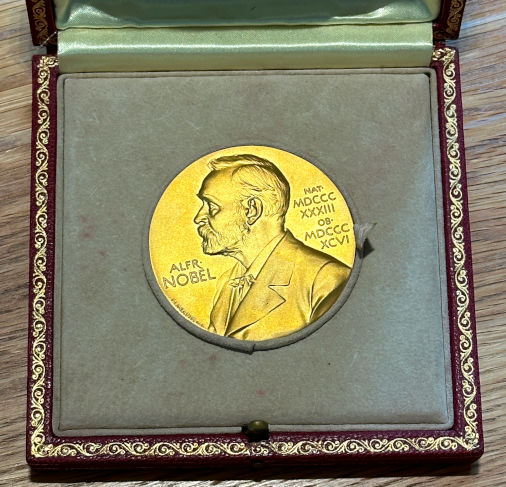
Image ©Trinity Hall
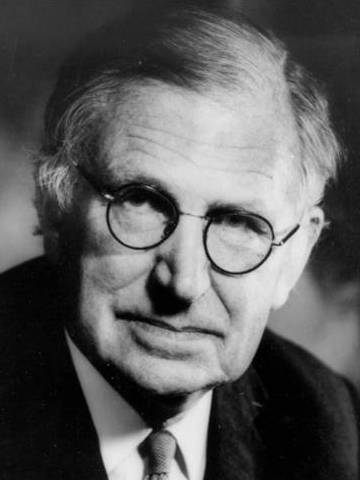
It would be invidious for us to attempt to compare the scientific merit of the output of our alumni. Hence this page records merely those of our alumni who have received particularly distinguished recognition from external organisations.
Prof Sir Nevill Mott, Nobel Laureate, would probably not have regarded himself as a member of TCM, or SST (Solid State Theory) as it was then called, even if it was he who caused SST to be created. He set a high standard when it comes to achieving such recognition for one's work.
Nobel Laureates
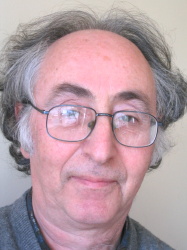
Prof Brian Josephson, 1973
Prof Josephson joined TCM in 1967 moving from the Mond Laboratory of the Cavendish where he had done the work for which he received his Nobel Prize. He has remained in TCM ever since, still frequently seen in the Group over a decade after his official retirement.
In 1973 he received a half share in the Nobel Prize for "his theoretical predictions of the properties of a supercurrent through a tunnel barrier, in particular those phenomena which are generally known as the Josephson effects."
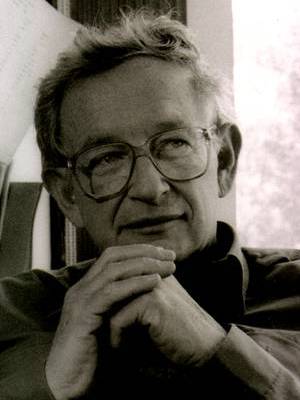
Prof PW Anderson, 1977
Prof Anderson was an American Physicist who came to Cambridge to be the Head of the TCM Group from 1967 until 1975 when he returned to the USA.
In 1977 he received a third share in the Nobel Prize for "fundamental theoretical investigations of the electronic structure of magnetic and disordered systems." Another third of that year's Prize was awarded to Prof Sir Nevill Mott.
Prof Anderson died in 2020.
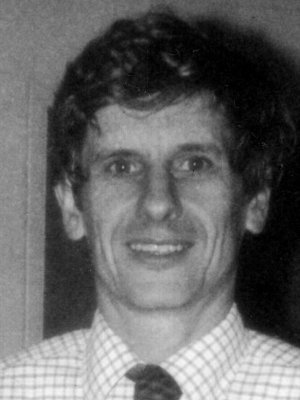
Prof David Thouless, 2016
Prof Thouless was a staff member of the Group in 1964/1965, between being a lecturer in DAMTP and moving to Birmingham University. He later moved to the USA, but he returned to TCM as a visitor for a year in the mid 1980s, and continued to visit during the Summer well into the 21st century. He attended our fiftieth anniversary celebrations in 2005.
In 2016 he received a half share in the Nobel Prize for "theoretical discoveries of topological phase transitions and topological phases of matter."
Prof Thouless died in 2019, and his family donated his Nobel medal and diploma to Trinity Hall in 2024. His medal is shown at the top of this page.
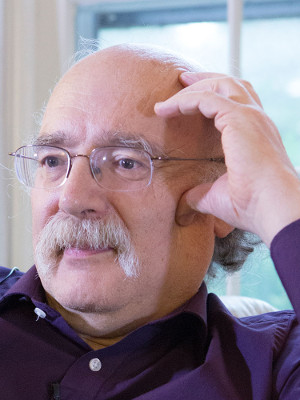
Prof F Duncan Haldane, 2016
Prof Haldane was a graduate student in TCM from 1973 to 1975, and, like Prof Thouless, was also an undergraduate at Cambridge. His doctoral supervisor in TCM was the Nobel Laureate PW Anderson. After his studies in Cambridge, Haldane moved first to France, and then to the USA where he continues to live.
In 2016 he received a quarter share in the Nobel Prize for "theoretical discoveries of topological phase transitions and topological phases of matter."
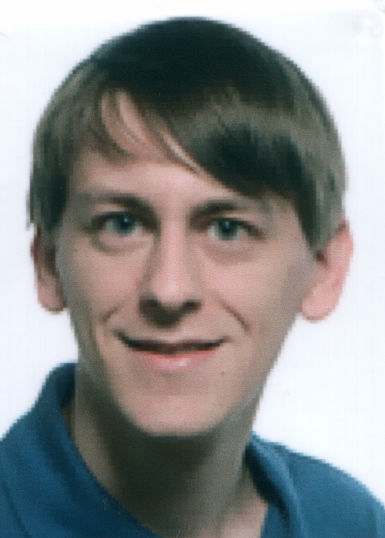
Dr John Jumper, 2024 (Chemistry)
Dr Jumper was an MPhil student in TCM for the 2007/08 academic year when he worked on Quantum Monte Carlo with Prof Richard Needs. He then returned to his native America and obtained his PhD from Chicago University. There he started the work on applying machine learning to protein folding which he continued after his PhD at DeepMind (a Google subsidary company), developing AlphaFold.
In 2024 he received a quarter share in the Nobel Prize for Chemistry for "protein structure prediction."
Additionally Prof John Hopfield (Physics, 2024) spent a couple of months in TCM in 1968 as a visiting Guggenheim Fellow.
Named Chairs
Two of the most prestigious named Chairs in Mathematics or Physics in the world are the Lucasian Chair of Mathematics in Cambridge whose past holders include Isaac Newton, Paul Dirac and Stephen Hawking, and the Cavendish Chair of Physics in Cambridge whose past holders include James Clerk Maxwell, Lord Rayleigh, Ernest Rutherford and JJ Thomson as well as Sir Nevill Mott.
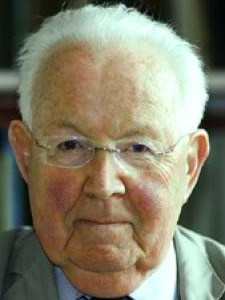
Sir Sam Edwards, Cavendish Professor, 1984-1995
Prof Sir Sam Edwards was a staff member of TCM for many years from the early 1970s before he moved to become the Head of the newly-formed Soft Matter group (Polymers and Colloids). He was Chairman of the Science Research Council (the forerunner of EPSRC) in the 1970s, and he held the Cavendish Chair from 1984 until 1995. He died in 2015.
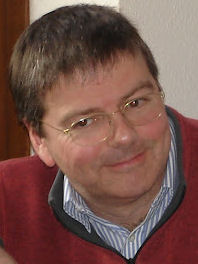
Mike Cates, Lucasian Professor, 2015-
Prof Cates was a PhD student in TCM from 1982 to 1985, working under Prof Sir Sam Edwards. He became a Research Fellow, then Lecturer, in TCM, before moving to Edinburgh in 1995.
In 2015 Prof Cates returned to Cambridge on his election to the Lucasian Chair.
Of the people listed above, Profs Josephson, Thouless and Edwards can all be seen in the front row of the photograph taken at the Group's fiftieth anniversary which heads our alumni page. Prof Thouless also addressed this symposium on the subject of his research.